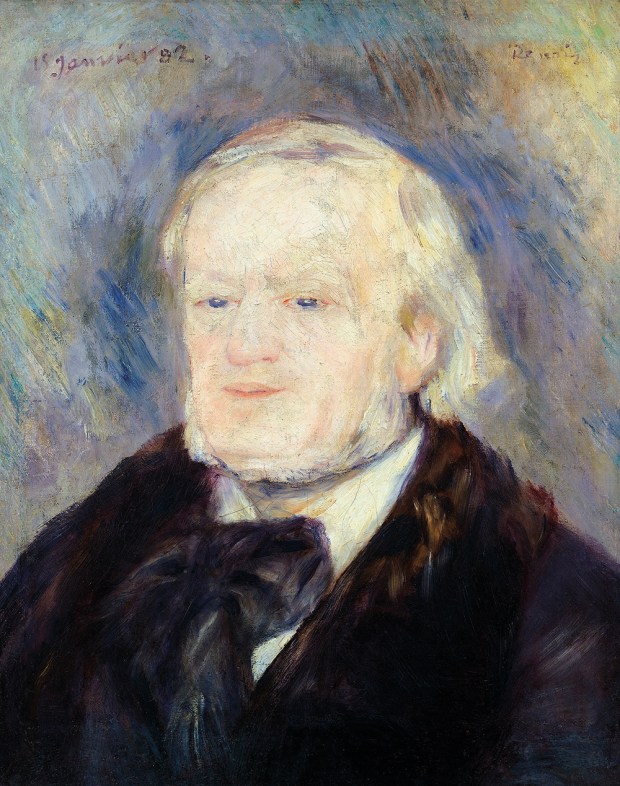Paloma Faith is an unusual pop star. Her flamboyant, retro appearance is upholstered by a deep-thinking mind and she articulates herself in an uncut East London accent. She hangs out with the author Hanif Kureishi and you can expect to find her at an art opening. When we meet in London’s Soho House, she is a cocktail of reds and oranges.
Already a subscriber? Log in
Subscribe for just $2 a week
Try a month of The Spectator Australia absolutely free and without commitment. Not only that but – if you choose to continue – you’ll pay just $2 a week for your first year.
- Unlimited access to spectator.com.au and app
- The weekly edition on the Spectator Australia app
- Spectator podcasts and newsletters
- Full access to spectator.co.uk
Or
Unlock this article
‘A Perfect Contradiction’ is released on 10 March.
You might disagree with half of it, but you’ll enjoy reading all of it. Try your first month for free, then just $2 a week for the remainder of your first year.













Comments
Don't miss out
Join the conversation with other Spectator Australia readers. Subscribe to leave a comment.
SUBSCRIBEAlready a subscriber? Log in